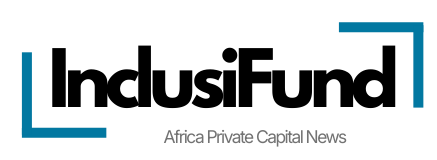Browsing: Africa
The country’s financial future was on the agenda on Wednesday when Finance Minister Enoch Godongwana delivered the 2026 Budget Speech…
Image Credit: Pixabay To read this article, you must be a paid subscription member. (Current members login here) Reserve…
Marcello Schermer, who leads international expansion at Yoco, a South African digital payments startup, wants African fintechs to create products…
** For the best experience, download the free Africa Private Equity News app Android | iOS **Swedfund has invested €15…
Image Credit: Pixabay To read this article, you must be a paid subscription member. (Current members login here) Reserve…
Image Credit: FlySafair To read this article, you must be a paid subscription member. (Current members login here) Reserve…
Nigeria has stepped up ahead of Egypt as Africa’s second-largest importer as solar energy and battery storage provide a practical…
During this morning’s 35th Forum of the African Peer Review Mechanism that was convened on the sidelines of the AU…
The Continent’s First Institutional Venture Studio + Fund Capital Raise, Backed by 54 Investors — including 25 Founders and 14…
Digital reforms can help Africa shed ‘distressed continent’ tag – African Business Digital reforms can help Africa shed ‘distressed continent’…
